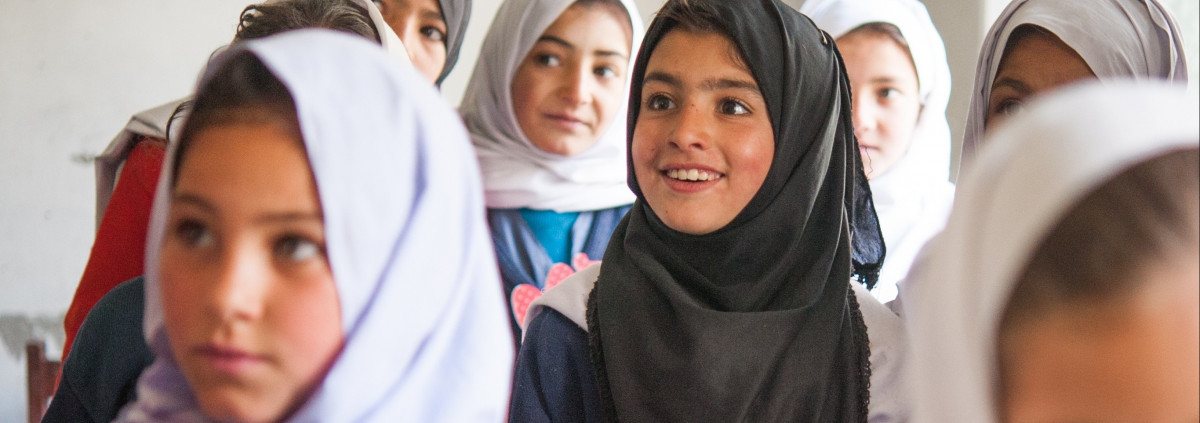The combined programmes take a holistic approach to mainstreaming gender equality. Teaching and learning are strengthened through gender responsive teacher professional development for over 3,000 teachers (47% women), basic classroom materials, and new systems for learner assessment through the establishment of the Balochistan Assessment and Examination Commission. School management is strengthened through gender balanced Parent-Teacher School Management Committees (PTSMCs) who have produced over 1,300 inclusive school development plans and received small grants for WASH repairs and conducted menstrual hygiene management training that has benefitted over 30,000 girls, 3,400 teachers and 4,200 mothers. This best practice focuses on how Balochistan’s Education Management Information System (BEMIS) and Real Time School Monitoring (RTSM), developed through BBEP and BES II, have used gender disaggregated data for evidence-based planning and resourcing for girls’ basic education in an efficient, equitable, transparent, and accountable way.
